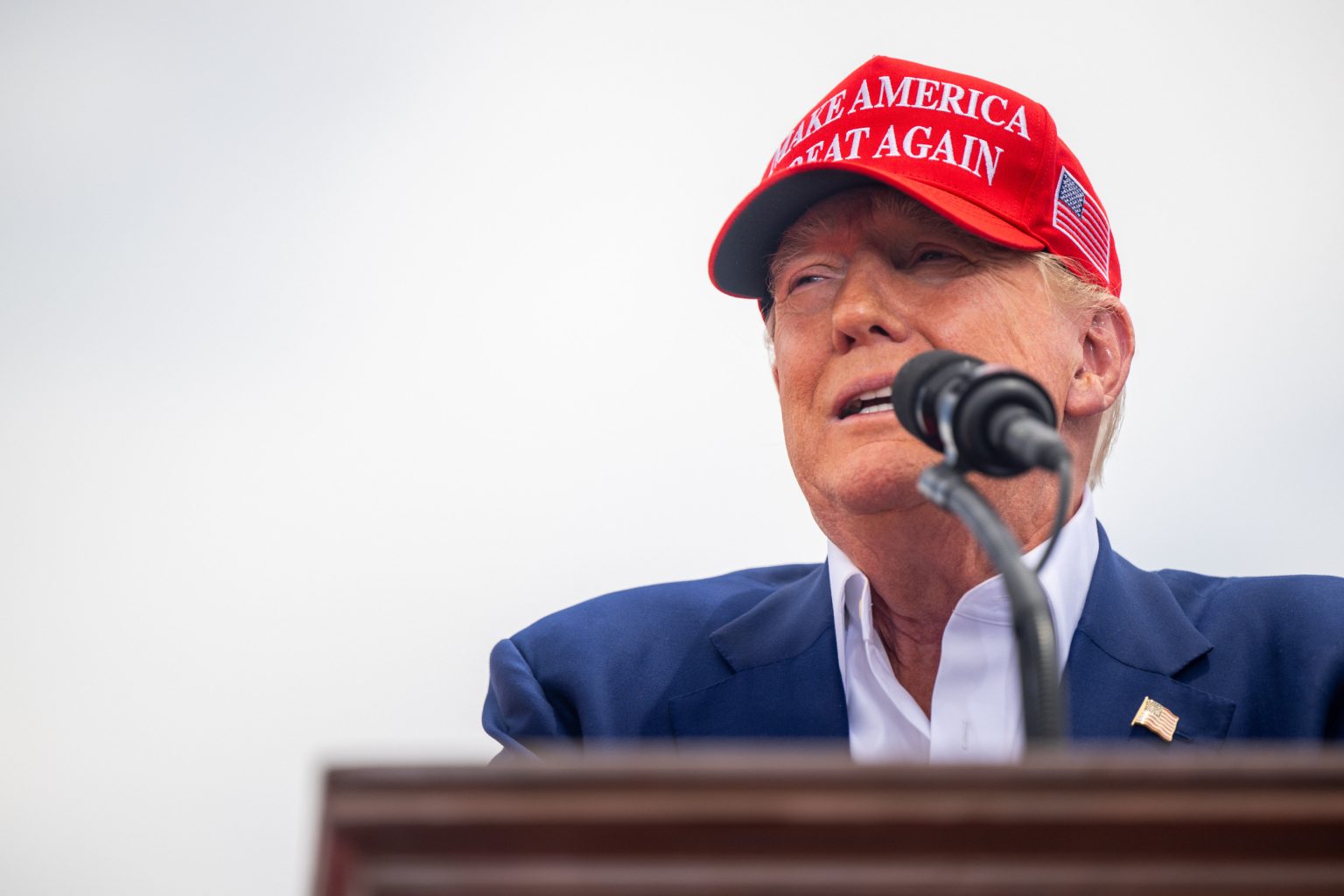Legal experts have revealed concerns that former President Donald Trump may have admitted to committing another crime during his first probation hearing following a guilty verdict on charges related to a hush money payment. Trump admitted to keeping a firearm in Florida, despite his New York license being suspended, raising questions about potential violations of federal laws that prohibit felons from possessing guns. While Trump’s firearms were turned over to the New York Police Department after the charges, it is unclear if he surrendered all of his guns, which could lead to additional charges if he does not comply.
Former federal prosecutor Barbara McQuade highlighted that individuals with felony convictions are not allowed to possess firearms under federal law, and failure to surrender a gun can lead to further repercussions. However, former prosecutor Michael McAuliffe noted that additional evidence beyond Trump’s admission would be needed to enforce any consequences. Palm Beach police have stated that they are unaware of any firearms in Trump’s possession, and Florida does not monitor private firearms transfers. Despite speculation about potential legal actions, it is unclear whether Trump has surrendered the firearm following his admission during the probation hearing.
Trump’s history of advocating for gun rights as president contrasts with concerns about his potential violation of federal laws regarding firearm possession. In a 2012 interview, Trump revealed that he possessed a concealed weapon permit and owned two guns, but did not mention a third gun which may have been acquired later. While there is no public comment from Trump on whether he has surrendered the firearm, experts remain skeptical about the likelihood of criminal charges being brought against him in relation to the possession of a firearm following his guilty verdict in the hush money case.
In response to inquiries from Newsweek, Trump’s campaign has not provided any comments regarding the situation. The lack of updates from Palm Beach police, coupled with Florida’s non-registration of firearms and private transfers, adds complexity to the issue of Trump’s firearm possession. While Trump theoretically has the option to surrender the gun to police, there is also the possibility of transferring ownership to another individual if he is unable to possess it himself. The ambiguity surrounding the status of the firearm since the hearing leaves open the question of whether Trump will face any legal consequences for potentially violating federal laws.
Overall, the revelation of Trump’s admission to keeping a firearm in Florida poses legal concerns about a potential violation of federal laws banning felons from possessing guns. The lack of definitive action from authorities and Trump’s campaign adds to the uncertainty surrounding the situation. Despite his previous support for gun rights, Trump’s current situation raises questions about the extent to which he is adhering to laws regarding firearm possession. The ongoing legal implications of his admission highlight the complexities of navigating the intersection of gun ownership and legal restrictions for individuals with criminal convictions.


